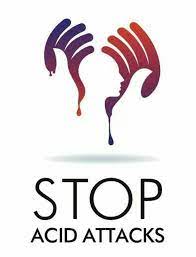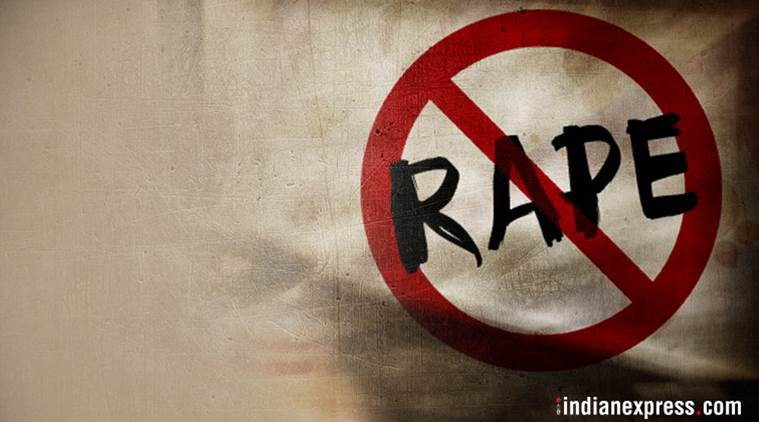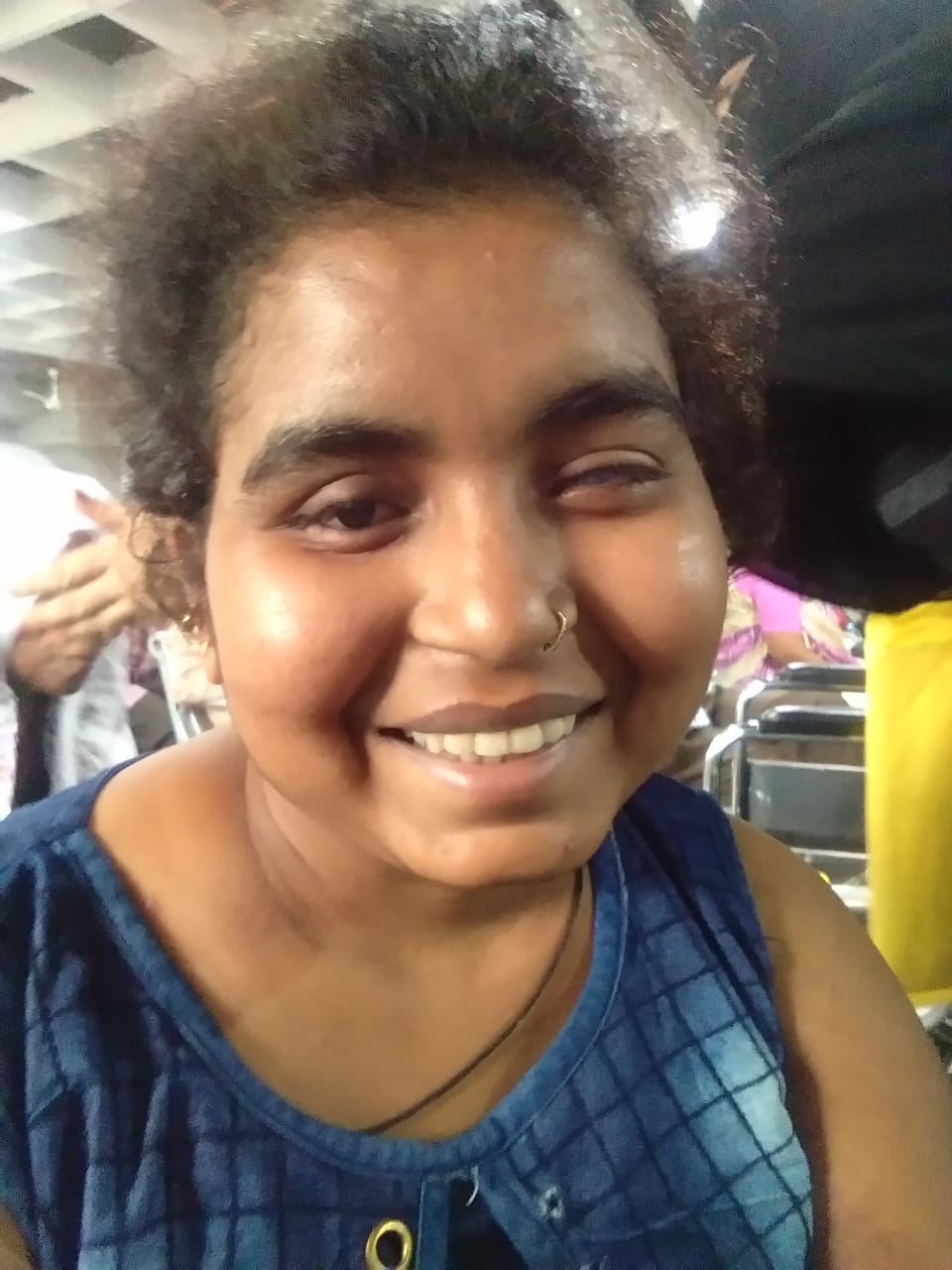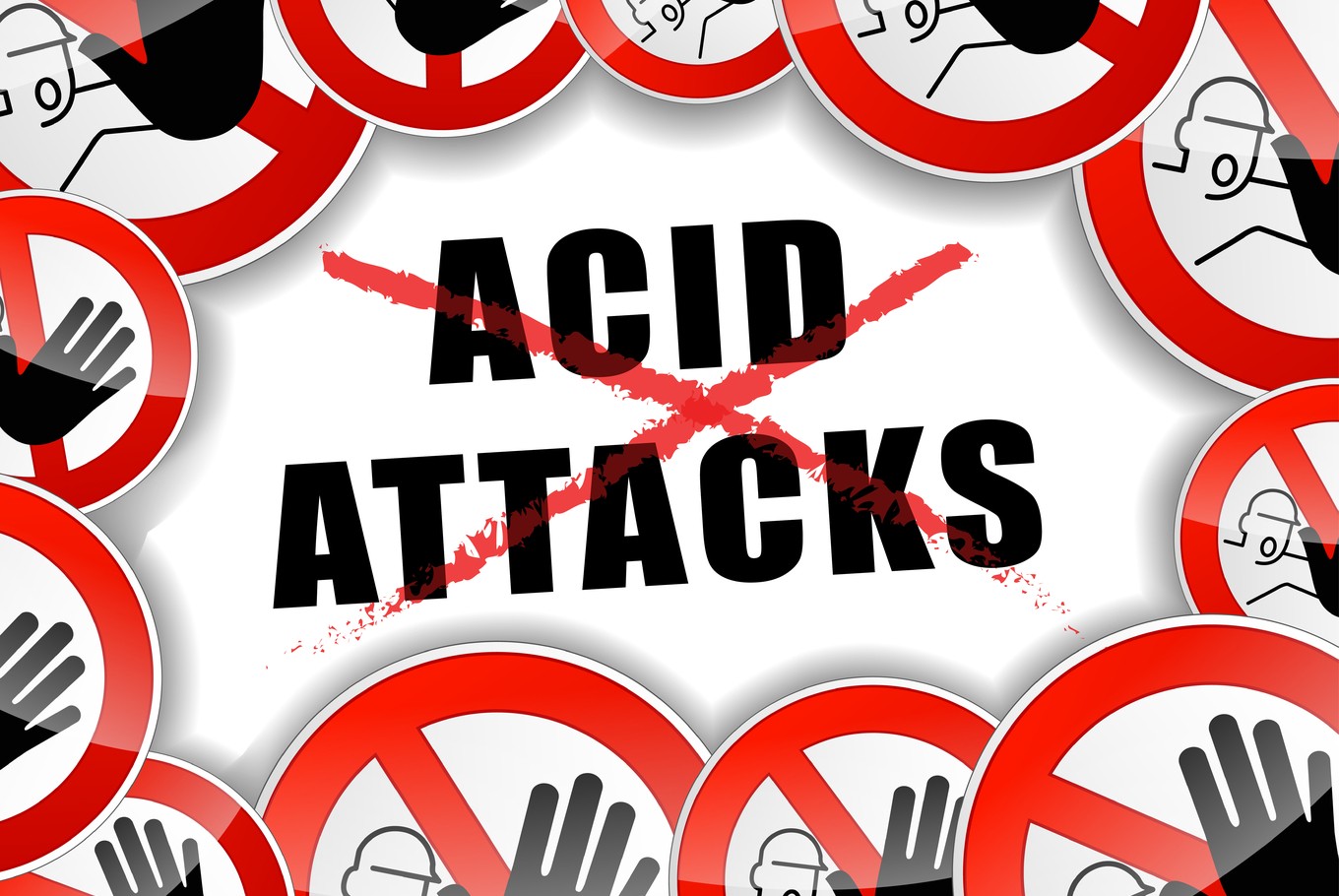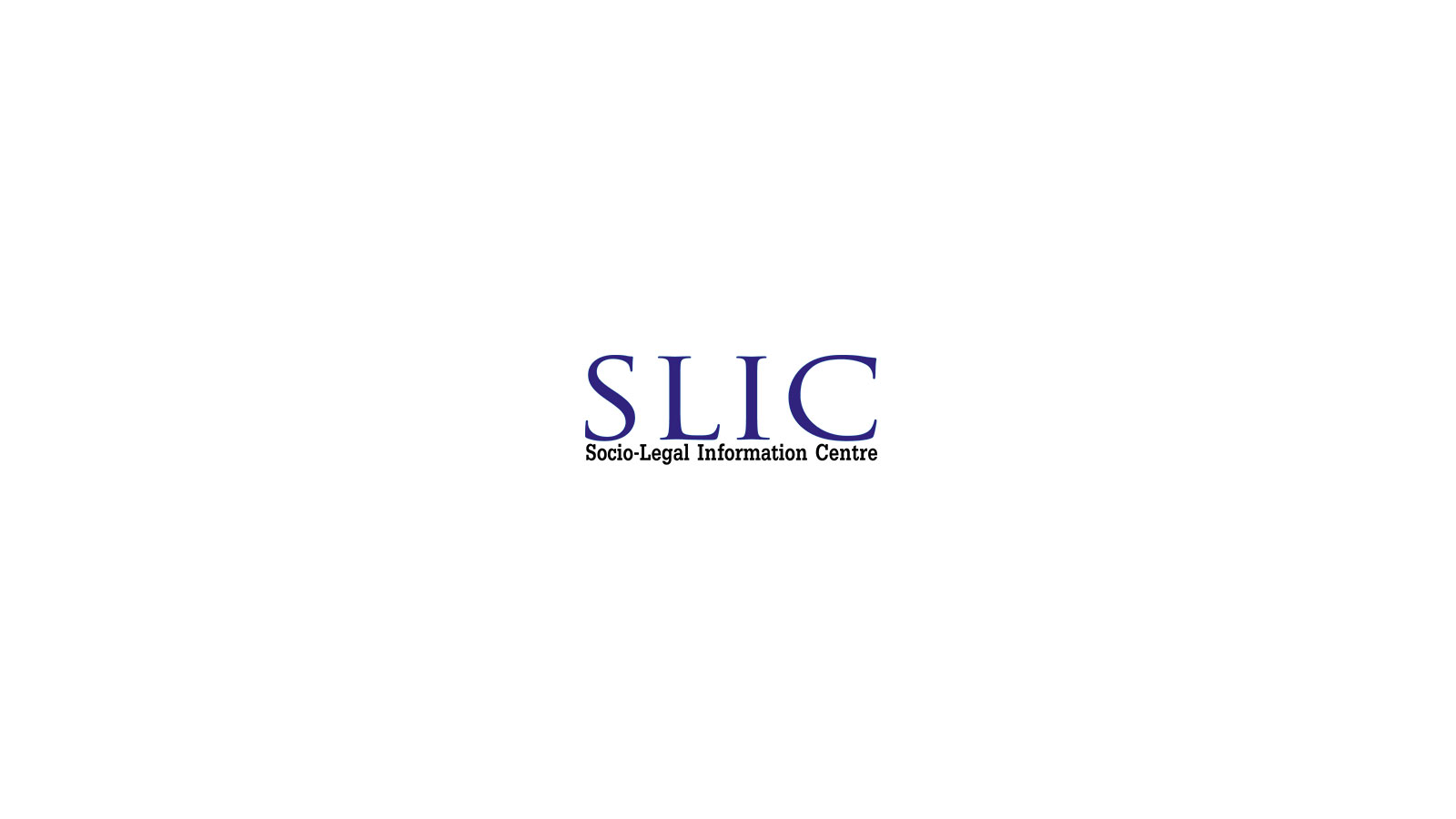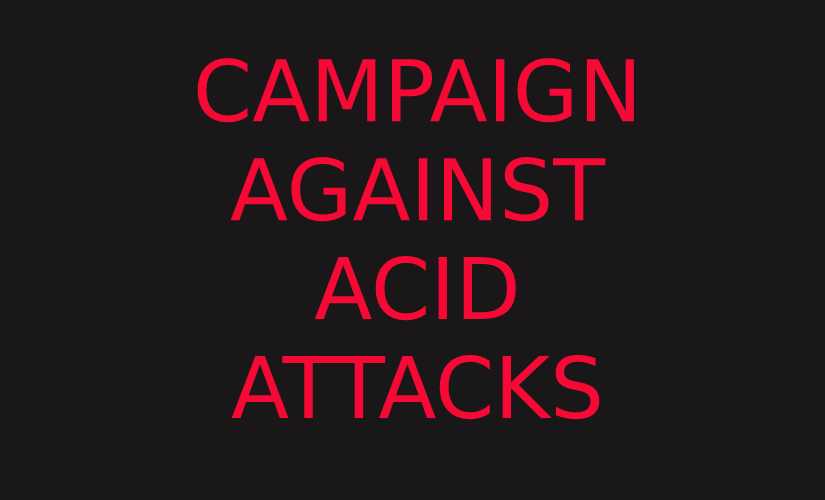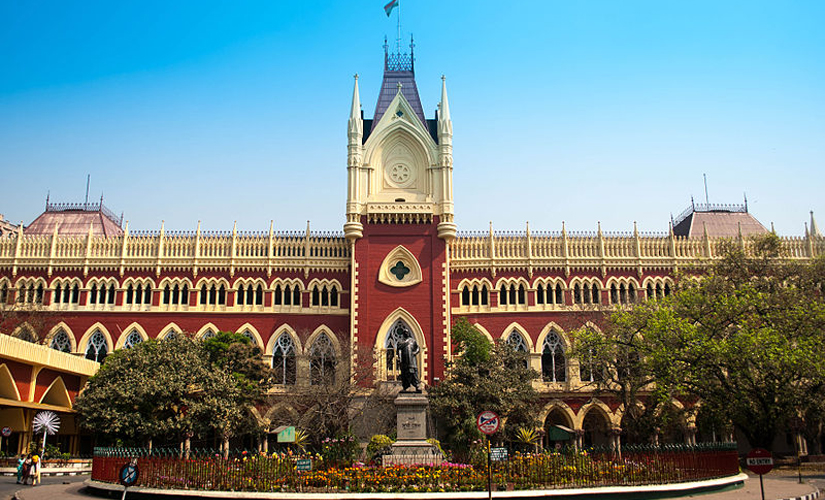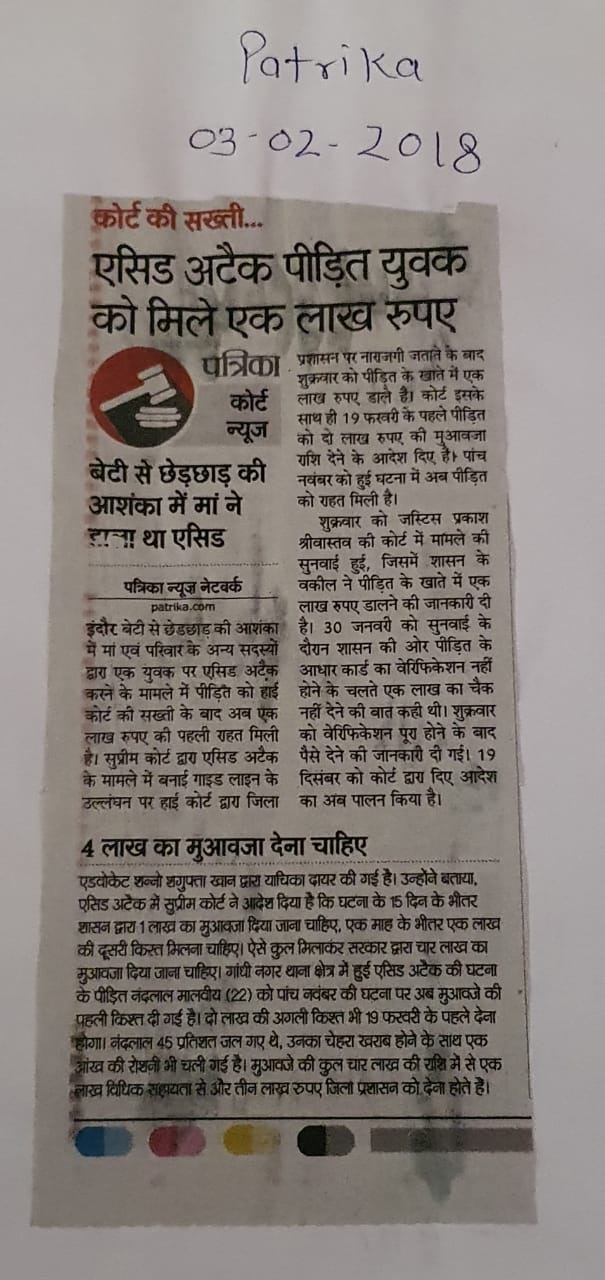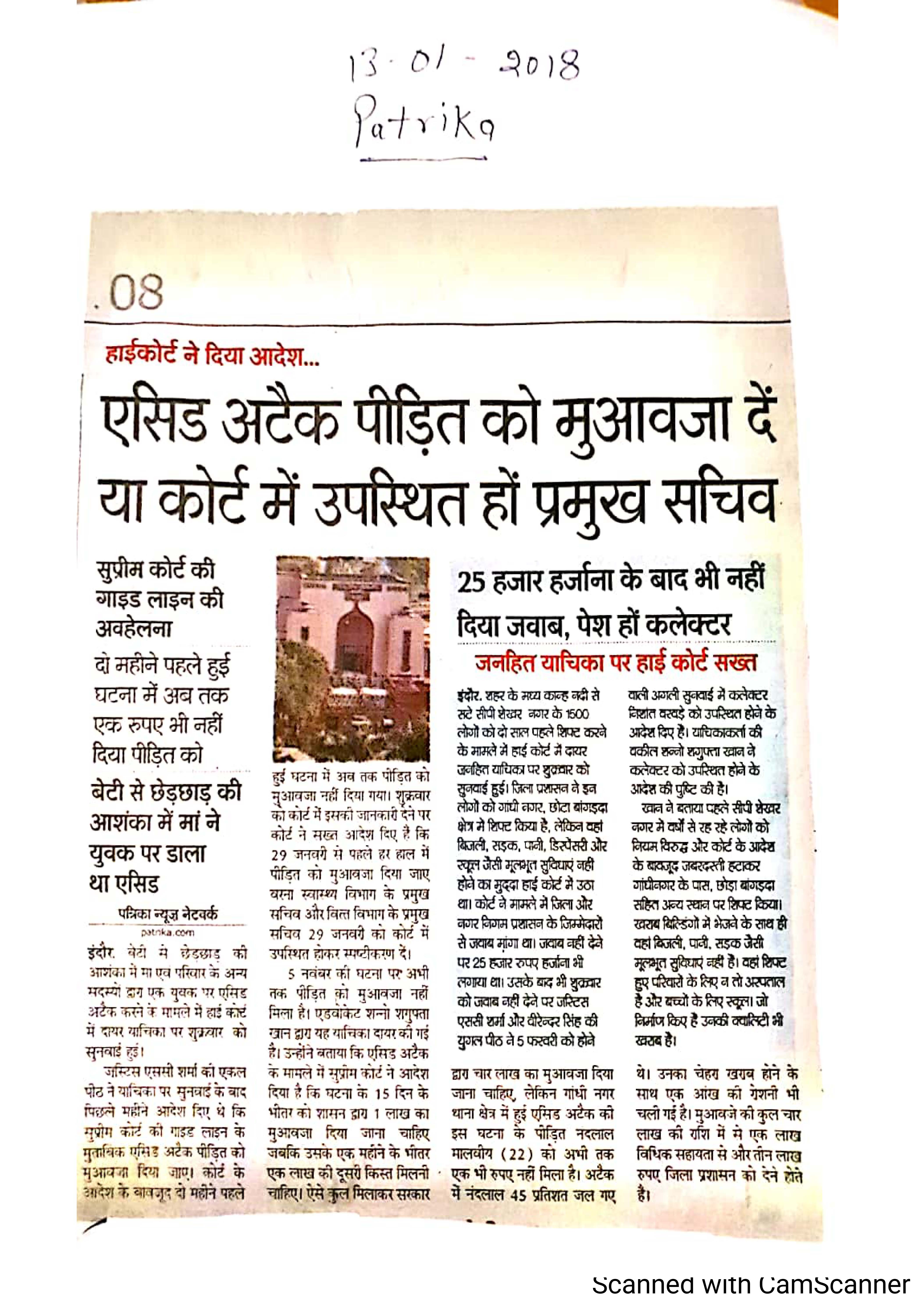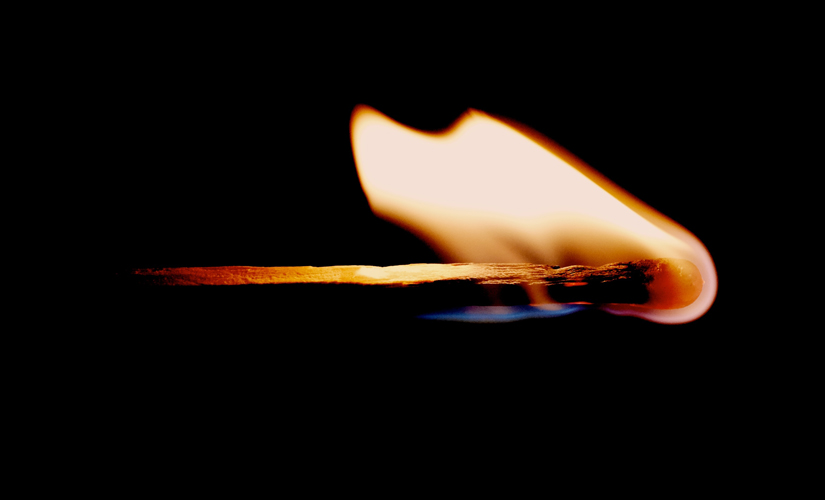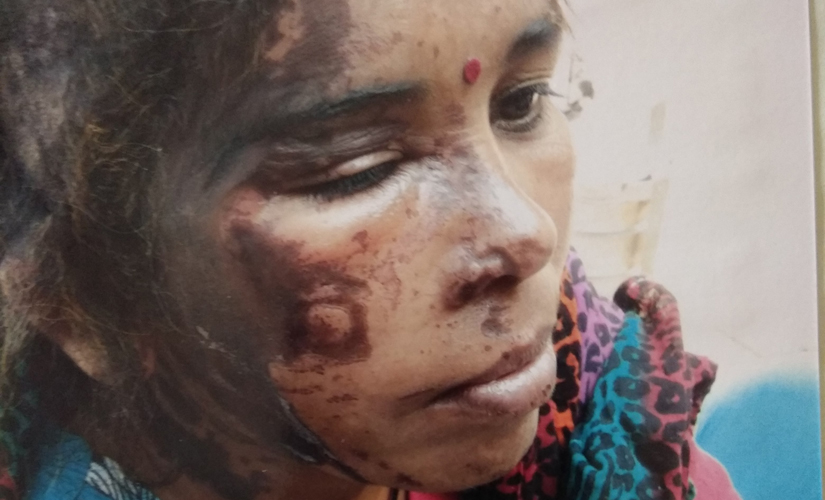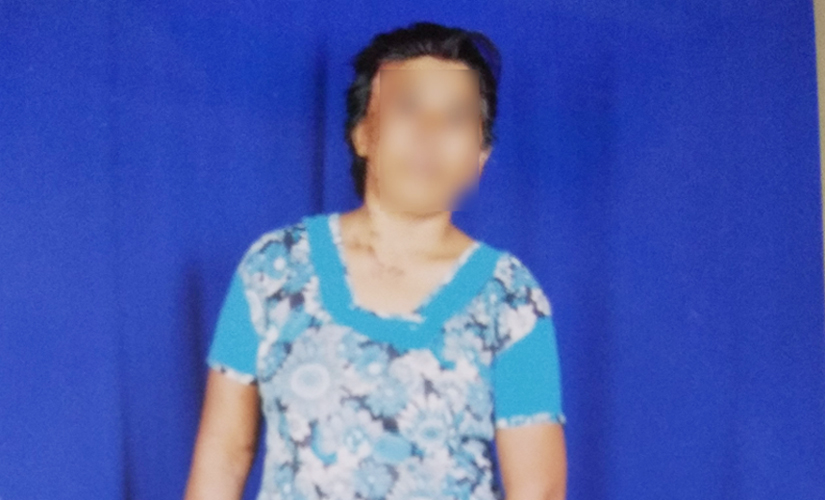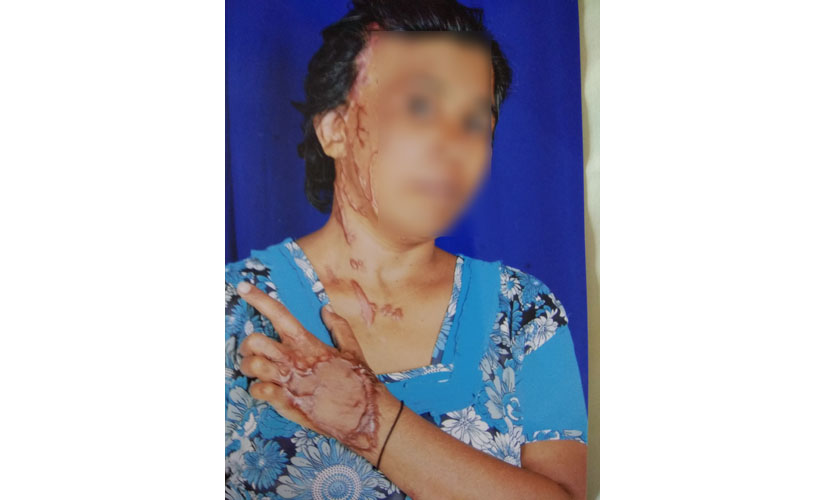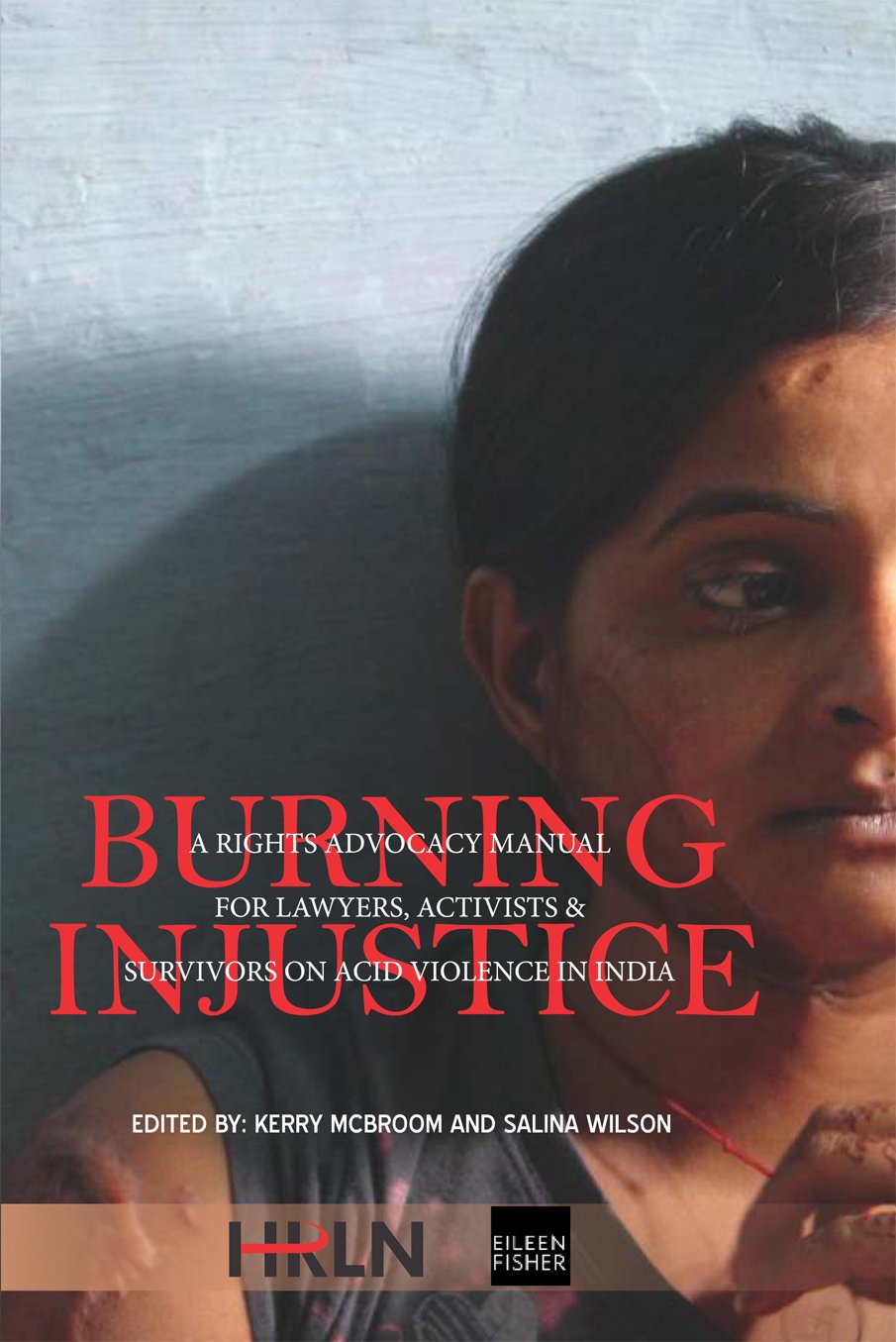Campaign Against Acid Attack
What SLIC Does?
Main Concerns
SLIC Impact
Bankura District Meeting
The Forest Rights Act (FRA), 2006 recognizes the rights of the forest dwelling tribal communities and oth ...read more
State Level Meeting on Violation of Human Rights in West Bengal During Covid 19
Prior to the announcement of the National Lockdown on 25 March 2020, a number of courts had shut down in response to t ...read more
Compensation to acid attack victim
Mukesh Kumar Soni versus State of Jharkhand and ors. [WPC/2995/2020]
Railway has been directed to file reply
Compensation to acid attack victim
MUKESH KUMAR SONI ALIAS MUKESH KUMAR versus State of Jharkhand and ors. [WPC No. 2995/2020]
direction to submit report
Interim Relief seeks by survivor of a gruesome acid attack granted by Delhi High Court
Shaheen Qureshi v. Government of NCT of Delhi & Ors W.P.(C) 5770/2020
Pending
Dalit Minor Girl attacked with Acid after being Gang Raped
Roopsingh Vs State of M.P., W.P. No 1066/2019
Pending
Acid attack survivor recieves compensation of Rs 5 Lakhs, free medical treatment and Rs 3 Lakh as Reimbursement
Rupalee Vs State of M.P., W.P. No. 22615/2018
Pending
Delhi District Court cancelled acid attack accused bail for repeatedly threatening the complainant
State vs Mohd. Salim @ Pintu, SC No. 253/2019
Prosecution Evidence
PIL filed to ban the sale of Acid, Acid is still being sold openly even after the Supreme Court Judgement
Yashoda Vs State of Madhya Pradesh, W.P. No. 987/2020
Pending
SLIC impact | Gurgaon court convicts man who threw acid on minor boy
After Socio-Legal Information Centre intervention, justice finally arrived for a minor male child — who was abducted a ...read more
Call for applications: Training on Rights of Acid Attack Victims and Implementation of the Law
The Centre for Constitutional Rights in collaboration with Meer Foundation and the Jama Humdard University is organizing ...read more
Acid attack survivor seeks rehabilitation and compensation
Gulnaz Begum vs State of J&K and others, WP 324/17
Burning Injustice : A Rights Advocacy Manual for Lawyers, Activists & Survivors on Acid Violence in India
EDITED BY KERRY MCBROOM AND SALINA WILSONCampaign and Struggle Against Acid Attacks on Women (CSAAAW) is happy to note t ...read more


